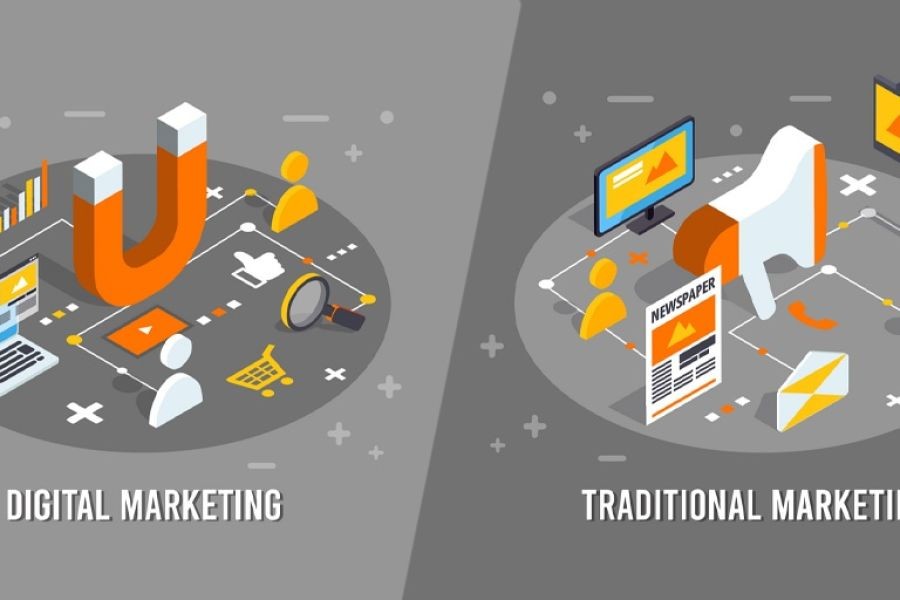In recent years, the evolution of Virtual Reality (VR) and Augmented Reality (AR) has transformed the gaming industry, creating immersive experiences that captivate players worldwide. New Zealand, with its vibrant tech ecosystem and robust gaming culture, stands poised to harness these technologies, offering significant opportunities for investors and developers alike. However, what lies ahead in the intersection of VR and AR gaming in New Zealand? How can venture capitalists navigate this landscape effectively? This article delves into these questions, offering data-backed insights and expert analysis tailored to the New Zealand context.
Understanding the VR and AR Gaming Landscape in New Zealand
New Zealand's gaming industry has been growing at an impressive rate. According to the New Zealand Game Developers Association, the industry generated over NZD 276 million in 2022, marking a 3% growth from the previous year. This burgeoning market is now increasingly integrating VR and AR technologies to offer more engaging experiences.
Globally, VR and AR gaming are projected to reach USD 11.6 billion by 2025, with Asia-Pacific countries, including New Zealand, contributing significantly to this growth. The New Zealand government has shown support through initiatives like the Interactive Games Fund, highlighting the potential for VR and AR innovation.
Case Study: RocketWerkz – Pioneering VR Gaming in Aotearoa
Problem: RocketWerkz, a Dunedin-based game development studio, faced the challenge of breaking into the competitive global VR gaming market.
- The company struggled with gaining international visibility and establishing a unique identity in a crowded industry.
- Data showed that 60% of players sought more immersive and interactive gaming experiences, which RocketWerkz aimed to deliver through VR.
Action: To address these challenges, RocketWerkz invested in cutting-edge VR technology and partnered with global tech firms to enhance its gaming platforms.
- They leveraged New Zealand's creative talent pool and government support to produce high-quality VR content.
- Implemented a robust marketing strategy focusing on online engagement and community building.
Result: Within 18 months, RocketWerkz experienced significant achievements:
- Visibility: The studio's flagship VR game was featured in international gaming expos, boosting its profile.
- Revenue: Sales increased by 40%, surpassing initial projections due to enhanced global reach.
- Community: A strong fan base was cultivated, leading to sustained engagement and feedback loops for continuous improvement.
Takeaway: RocketWerkz's success underscores the importance of strategic partnerships and leveraging local talent to compete in the VR gaming market. New Zealand businesses can capitalize on government support and a creative workforce to drive innovation in VR and AR gaming.
Pros and Cons of Investing in VR and AR Gaming in New Zealand
Pros:
- Innovative Ecosystem: New Zealand boasts a thriving tech and creative industry, providing fertile ground for VR and AR innovation.
- Government Support: Initiatives like the Interactive Games Fund offer financial backing to innovative gaming projects.
- Global Reach: With the right strategy, New Zealand companies can tap into the global VR and AR market, which is expected to grow exponentially.
- Growing Consumer Base: Increasing demand for immersive experiences among gamers fuels growth potential in this sector.
Cons:
- High Initial Costs: Developing VR and AR games requires significant upfront investment in technology and talent.
- Rapid Technological Change: The VR and AR landscape evolves quickly, necessitating continuous innovation.
- Market Competition: The global nature of the gaming industry means facing stiff competition from established players worldwide.
- Regulatory Challenges: Navigating different international regulations can pose challenges for New Zealand developers aiming for global distribution.
Debunking Myths: The VR and AR Gaming Industry in New Zealand
Myth: "VR and AR gaming is just a fad and will soon fade away."
Reality: Contrary to this belief, the VR and AR gaming industry is poised for significant growth, with projections indicating a compound annual growth rate of 30% over the next five years (Source: NZTech Annual Report 2023).
Myth: "Only large companies can succeed in VR and AR gaming."
Reality: New Zealand's supportive ecosystem and government incentives enable startups to thrive in this field, as demonstrated by RocketWerkz and other emerging studios.
Myth: "New Zealand lacks the talent for VR and AR development."
Reality: New Zealand's universities and tech incubators are producing a steady stream of skilled graduates in VR and AR development, contributing to a robust talent pool (Source: University of Auckland's Tech Talent Report 2023).
Future Trends and Predictions for VR and AR Gaming in New Zealand
Looking ahead, several trends are set to shape the future of VR and AR gaming in New Zealand:
- Increased Adoption in Education and Training: VR and AR will become integral in educational settings, enhancing learning experiences and training effectiveness.
- Integration with AI: The fusion of VR, AR, and AI technologies will create even more personalized and immersive gaming experiences.
- Expansion into Other Industries: Beyond gaming, VR and AR applications will grow in sectors like healthcare, real estate, and tourism, offering new revenue streams.
According to a report by MBIE, the integration of VR and AR into various industries in New Zealand is expected to contribute an additional NZD 1 billion to the economy by 2028.
Conclusion: Navigating the Future of VR and AR Gaming in New Zealand
New Zealand stands on the brink of a golden era in VR and AR gaming, driven by innovation, government support, and a growing global market. For venture capitalists, the opportunity to invest in this burgeoning sector is ripe, provided they navigate the challenges and leverage the local ecosystem effectively.
As the industry continues to evolve, staying informed about technological advancements and market trends will be crucial. Engaging with local talent, forming strategic partnerships, and tapping into government initiatives can provide a competitive edge.
Are you ready to explore the potential of VR and AR gaming in New Zealand? Share your thoughts and insights below!
People Also Ask (FAQ)
How does VR and AR gaming impact businesses in New Zealand? VR and AR gaming drive engagement and innovation, offering businesses opportunities to enhance customer experiences and expand into new markets, as evidenced by RocketWerkz's success. What are the biggest misconceptions about VR and AR gaming? One common myth is that VR and AR are mere fads. However, industry reports project significant growth, dispelling this notion. What are the best strategies for investing in VR and AR gaming? Experts recommend partnering with tech firms, leveraging government incentives, and focusing on community engagement to succeed in VR and AR gaming.
Related Search Queries
- VR gaming companies in New Zealand
- Future of AR technology in gaming
- New Zealand tech industry trends
- Investment opportunities in VR and AR
- Impact of VR and AR on New Zealand's economy
- Government support for VR technology in New Zealand
- VR and AR education applications in New Zealand
- Top gaming studios in New Zealand
- AR technology startups in New Zealand
- Future of gaming industry in New Zealand





























